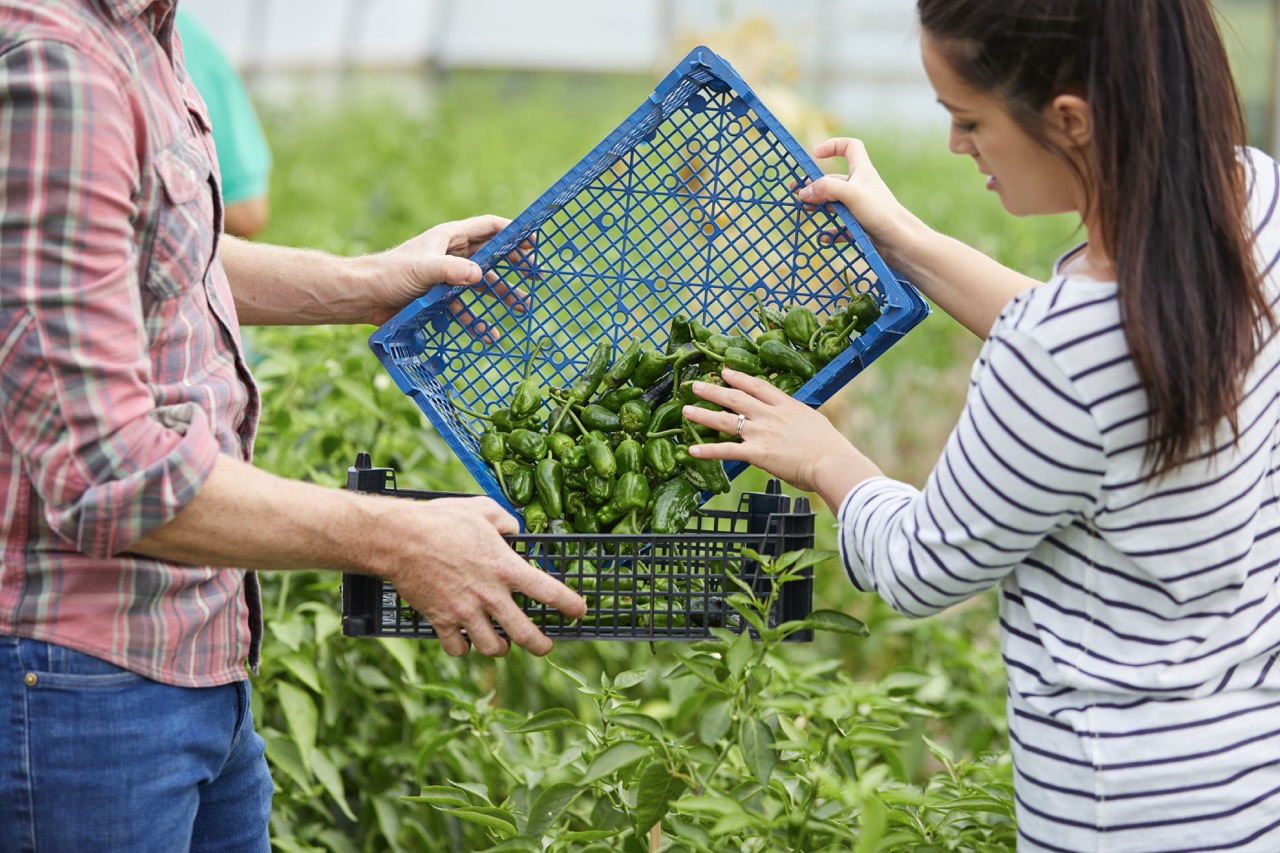The agri-tourism industry has emerged as a vibrant sector within the broader tourism landscape, attracting visitors seeking authentic experiences that connect them to nature, agriculture, and rural life. This model not only supports farmers financially but also helps preserve traditional farming practices and landscapes. As urban populations grow and consumers become more interested in the origins of their food, the opportunity for agri-tourism is expanding. This article explores how to build a profitable agri-tourism business, covering market trends, essential steps for establishment, marketing strategies, and sustainability practices.
Understanding the Agri-tourism Market: Trends and Opportunities
The agri-tourism market is flourishing, fueled by a growing consumer interest in where their food comes from and a desire for immersive experiences. According to the American Farm Bureau Federation, agri-tourism has been growing steadily over the past decade, with increasing numbers of farms diversifying their income streams through tourism. Key trends include farm-to-table dining experiences, educational workshops, and interactive activities like berry picking and livestock tours. These experiences resonate with visitors looking to escape urban life and engage with nature, making agri-tourism an enticing option for many.
Moreover, the COVID-19 pandemic has accelerated a shift towards local and outdoor tourism. As travelers seek safer, less crowded experiences, agri-tourism offers a unique blend of recreation and education in open-air settings. This has proven beneficial for rural communities, where farms can pivot from traditional agricultural production to hosting events like festivals, farm stays, and guided tours. The opportunities are vast for innovative farm owners willing to adapt, with many finding success by integrating environmental and educational themes into their offerings.
Lastly, technological advancements are playing a pivotal role in shaping the agri-tourism landscape. With the rise of social media and online booking platforms, farmers can market their experiences more effectively, reaching a broader audience. Virtual tours and engagement through platforms like Instagram enhance visibility and draw potential visitors who crave authentic interactions. By understanding these trends and opportunities, aspiring agri-tourism entrepreneurs can position themselves for success in this dynamic market.
Essential Steps to Establish Your Agri-tourism Venture
Establishing a successful agri-tourism business begins with a thorough assessment of your farm’s resources and capabilities. Conducting a feasibility study is crucial to identify what experiences your farm can offer and determine the potential market demand in your area. This could involve evaluating your land, existing crops, livestock, and facilities. Additionally, consulting with local tourism boards or agricultural associations can provide insights into regulatory requirements and potential partnerships. Understanding your target audience—families, school groups, or eco-conscious travelers—will also inform the types of experiences you develop.
Once you’ve established your unique offerings, the next step involves creating a detailed business plan. This plan should outline your goals, budget, pricing strategy, and marketing approach. Consider potential revenue streams, such as admission fees, farm produce sales, or hosting events. Effective financial planning is crucial for sustainability; ensure your projections account for seasonal fluctuations in tourism and agricultural production. Engaging local consultants or business development centers can provide valuable support in crafting a robust plan that attracts funding and guides your initial operations.
Finally, implementation involves securing necessary permits and licenses, which may vary by state or country. Building partnerships with local businesses, such as restaurants or bed-and-breakfasts, can enhance the visitor experience and provide additional marketing channels. Setting up infrastructure, including visitor centers, restrooms, and parking areas, is vital for accommodating guests comfortably. By taking these essential steps, farm owners can lay a solid foundation for a thriving agri-tourism venture that not only generates income but also enriches the community.
Marketing Strategies to Attract and Retain Visitors
In the competitive agri-tourism market, effective marketing strategies are crucial for attracting and retaining visitors. The first step is to develop a strong online presence. A user-friendly website that highlights your offerings, provides booking information, and shares testimonials can significantly enhance your visibility. Engaging content, such as blogs or videos showcasing farm activities, can draw interest and promote your unique brand. Search engine optimization (SEO) techniques will increase your website’s visibility on search engines, making it easier for potential customers to find you.
Social media platforms are invaluable tools for promoting your agri-tourism business. Utilizing visually appealing content on platforms like Instagram and Facebook allows you to connect with your audience and showcase the farm’s experiences in a relatable way. Engaging with followers through contests, stories, and live events can create a community around your brand, encouraging word-of-mouth referrals. Collaborating with local influencers or travel bloggers can also amplify your reach and attract diverse visitors interested in exploring agri-tourism.
Retention strategies are equally important; providing a memorable experience encourages repeat visits. Consider offering loyalty programs, seasonal events, or exclusive behind-the-scenes tours for returning guests. Gathering feedback through surveys can provide insights into what visitors enjoyed and areas for improvement. Regularly updating your offerings and hosting special events can keep your farm fresh and exciting. By implementing these marketing strategies, agri-tourism businesses can create loyal customer bases and thrive in a competitive environment.
Ensuring Sustainability and Compliance in Agri-tourism
Sustainability is a crucial consideration for agri-tourism businesses, as it aligns with the values of many eco-conscious travelers. Implementing sustainable practices can enhance your farm’s appeal while preserving the environment for future generations. This may include organic farming methods, waste management practices, and water conservation techniques. Educating visitors about your sustainability initiatives during tours can enhance their experience and foster a deeper connection with your farm.
Compliance with local regulations is also essential to ensure the longevity of your agri-tourism venture. Familiarizing yourself with zoning laws, health and safety standards, and tourism regulations is crucial. This may involve obtaining permits for hosting events, food service licenses, and insurance for visitor activities. Regular communication with local authorities can help you stay updated on any changes in regulations and provide a clear understanding of your obligations as a business owner.
Incorporating these compliance measures and sustainable practices not only mitigates risks but can also enhance your marketing efforts. Travelers increasingly prioritize sustainability and responsible tourism, making it essential to communicate your eco-friendly initiatives. By positioning your agri-tourism business as a responsible and sustainable choice, you can attract a growing segment of environmentally-conscious travelers, ensuring both profitability and positive community impact.
Building a profitable agri-tourism business requires careful planning, creativity, and a commitment to sustainability. By understanding market trends, establishing solid foundations, employing effective marketing strategies, and ensuring compliance, farm owners can create unique and memorable experiences that resonate with visitors. As the agri-tourism industry continues to grow, those who embrace innovation and community engagement will find themselves at the forefront of this exciting sector, fostering connections between consumers and the agricultural world while contributing to local economies.








